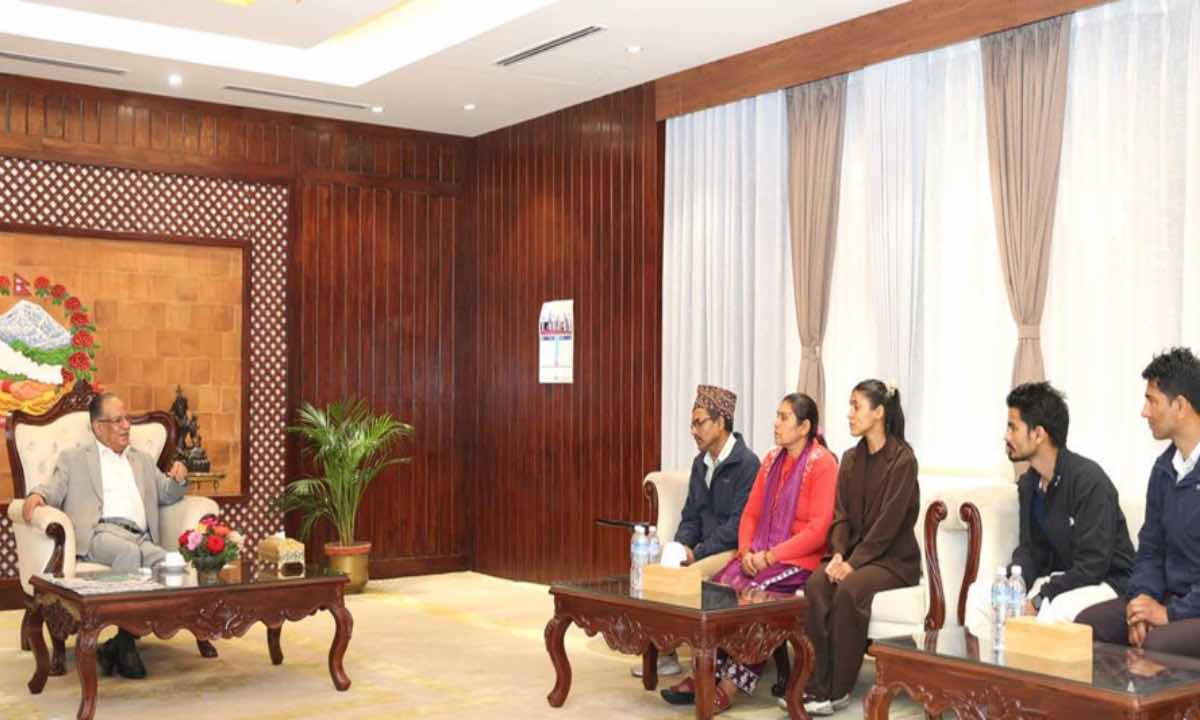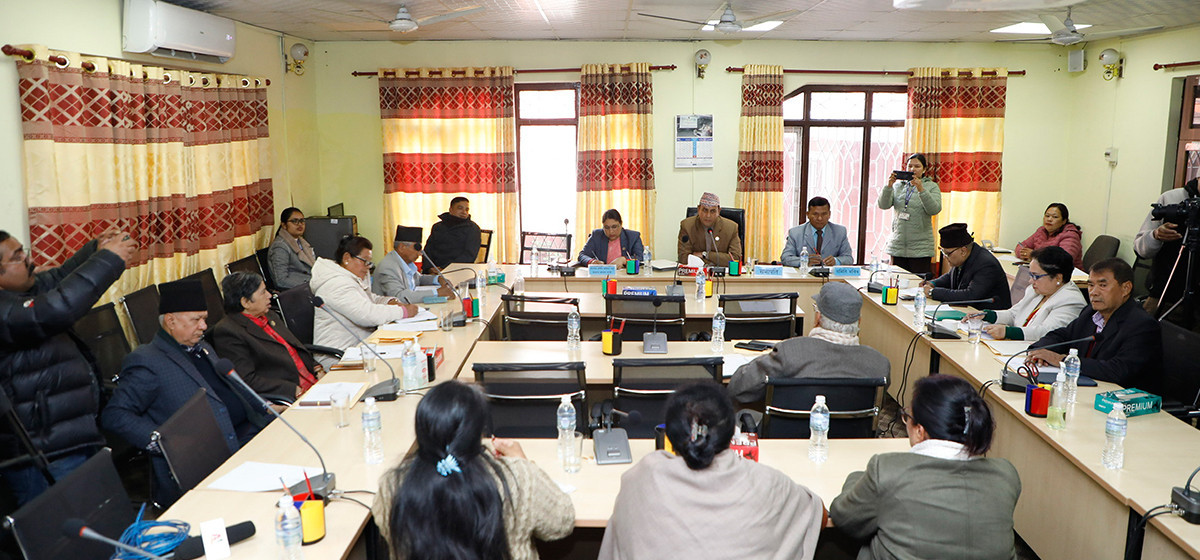
OR
Nepal has come a long way since the signing of the Comprehensive Peace Accord (CPA) on November 21, 2006 between the government and the warring Maoists. The CPA marked a formal end of the decade-long Maoist insurgency and promised to bring a new era of peace and stability. With the mainstreaming of the Maoist party now complete, and with the country on the brink of holding all three constitutionally-mandated elections, the CPA, it may be said, has been a resounding success. Not quite. Along with demobilization of the Maoist militia and their rehabilitation into the society, plus the integration of some into security forces, the CPA had also envisioned two transitional justice bodies—one on truth and reconciliation and the other on enforced disappearances—within six months of the CPA’s signing. Even six months was thought of as too long as with every passing month, more and more vital evidence related to human rights abuses from conflict period could be destroyed. In the event, instead of six months, due to the endless bickering among political parties, the two commissions were formed after nine years.
Even before their formation at the start of 2015, the legislation underlying the two commissions had come into controversy. The laws could be read to imply ‘blanket amnesty’ on rights violations from conflict period. They were hence deemed not friendly to conflict victims who had already waited for justice for nearly a decade. In January 2015 the Supreme Court ordered the government to amend all provisions that were not in keeping with international standards of transitional justice. But the two commissions were formed based on the old ‘flawed’ laws, not the least because of the immense pressure from the Maoist party and Nepal Army, both of which feared prosecution of high-ranking personnel in their ranks for grave rights violations from conflict period. Nonetheless, the two commissions were in place, and they got going in fits and starts. In the first phase of investigation, the two commissions gathered formal complaints: a total of 62,000 complaints were subsequently lodged with the Truth and Reconciliation Commission, while another 3,000 were lodged with the Commission for the Investigation of Enforced Disappeared Persons (CIEDP). When time proved to be a hurdle in their functioning, the parliament extended their mandates by a year, to the new deadline of February 2018.
This deadline is also sure to be missed as the commissions have been unable to move beyond complaint-collection. The legislation is flawed and the two bodies heavily understaffed and under-resourced. This is because none of the major parties is now serious on transitional justice. The hope among them seems to be that with the passage of time, the issue will be automatically resolved. They are mistaken. So long as conflict victims—those who have lost their loved ones or seen them disappear—don’t have a sense of closure, the old war wounds will remain raw, which in turn increases the chances of the country’s relapse into conflict. As South Africa’s example showed, even a few token prosecutions on grave human rights violations, coupled with reparations when appropriate, would have been meaningful. But with our political actors seemingly set on jettisoning the whole process, Nepal’s image as a diverse and tolerant country could take a knock. That could be costly for a country that still relies heavily on the goodwill and support of the international community.
You May Like This

Rain shocks: On the monsoon in 2024
The India Meteorological Department (IMD) has forecast a bountiful monsoon. Rainfall from June-September is expected to be 6% more than... Read More...

Nagdhunga-Sisnekhola tunnel breakthrough: Beginning of a new era in Nepal’s development endeavors
The breakthrough of the Nagdhunga-Sisnekhola tunnel marks a significant leap forward in Nepal's development. For Nepalis who have only traveled... Read More...

Strengthen oversight to ensure good governance practices in banking sector
The integrity of financial institutions is critically important for the economic stability of any country. In Nepal, where commercial banks... Read More...



Just In
- Chemical fertilizers imported from China being transported to Kathmandu
- Man dies in motorcycle accident in Dhanusha
- Nepal face early setback as four wickets fall in powerplay against UAE
- Australian unemployment rate rises to 3.8 percent in March
- Gold price increases by Rs 700 per tola
- Fire destroys wheat crop in Kanchanpur, Kailali
- Bipin Joshi's family meets PM Dahal
- State Affairs and Good Governance Committee meeting today















Leave A Comment